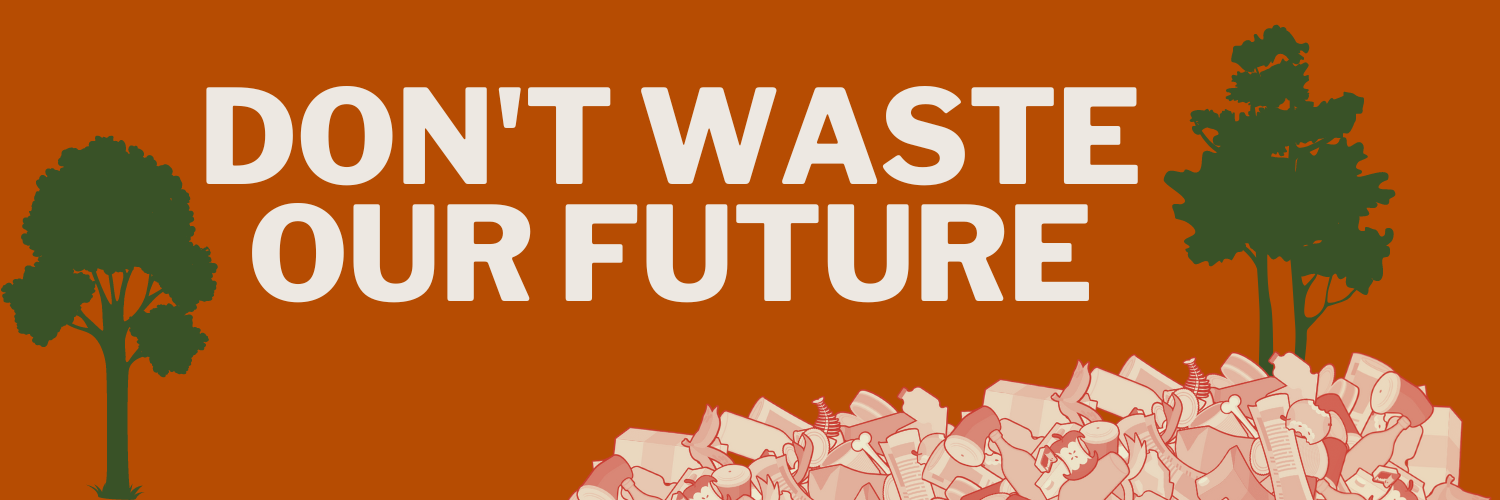Waste dashboard: colorado
Landfills across Colorado and the country are causing massive amounts of global warming through methane: a super-pollutant that is approximately 80 times more potent than carbon dioxide in the short term. The majority of landfill methane emissions come from organic waste like food scraps, yard clippings, and paper. Science tells us that drastically reducing methane is the most impactful action we can take now to slow climate change – and as the third-largest source of industrial methane emissions, landfills are a clear next step. Colorado has taken an important step forward by committing to opening a rulemaking on landfill methane regulations in 2025; now, we need regulators to take the next step by beginning that process of enacting common-sense solutions to slash pollution and protect communities.
Landfills are making coloradoans sick
Landfill pollution may impact us all, but it doesn’t impact us equally. Learn how Colorado’s landfills are disproportionately harming BIPOC communities, low-wealth communities, and people with existing health conditions.

Industrious Labs’ analysis is based on the following data sources:
U.S. EPA Greenhouse Gas Reporting Program (GHGRP) 2022: Facilities emitting over 25,000 metric tons of CO2-equivalent/year. Industrial sectors included: Chemical Manufacturing, Food Processing, Metals, Minerals, Mining, Other Manufacturing, Petroleum and Natural Gas Systems, Petroleum Refineries, Pulp and Paper, and Waste.
U.S. EPA Landfill Methane Outreach Program (LMOP) (July 2023)
U.S. EPA GHG Equivalency calculator
*MT = metric tons
The Environmental Protection Agency (EPA) has "been understating methane emissions from landfills by a factor of two," said Susan Thorneloe, a senior chemical engineer at the EPA who has worked on the agency's methane estimation methods since the 1980s.
Part of the problem may be that the EPA's methods for estimating landfill methane emissions are outdated and flawed, Thornloe said. Thorneloe helped craft the current estimate method, and she said it "was developed over 30 years ago using empirical data for about 40 landfills.”
Citing new research out of California, she has come to believe the agency underestimates emissions.” - NPR , July 13, 2021.





